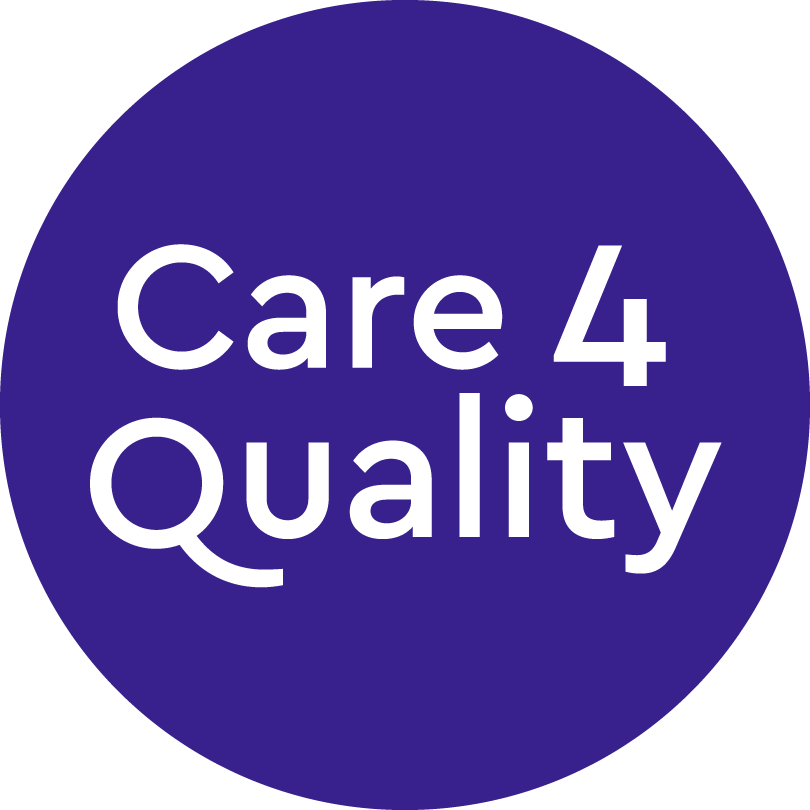CQC Draft Consultation- Regulation 9A: Visiting and accompaniment in care homes, hospitals and hospices
The CQC is currently seeking input via consultation on their proposed guidance aligned with the government’s new visiting regulation. The consultation focuses on assisting providers and stakeholders in understanding and meeting the new standard on visiting and accompaniment in care settings. Roles and responsibilities of providers under the new standard are elucidated in the guidance.
Input from people using health and social care services, along with their families, friends, or advocates, is welcomed by the CQC. The consultation period concludes at midday on 20 February 2024.
Key Highlights:
- Purpose of the Regulation:
- Facilitating visits for residents in care settings.
- Encouraging social visits outside care homes.
- Allowing accompaniment for non-overnight hospital appointments.
- Ensuring Individual Rights:
Providers must respect each person’s right to receive visits and accompaniment based on their needs and preferences.
In-person visits and accompaniment should be assumed possible, with providers implementing necessary safety measures.
- Exceptional Circumstances:
In rare cases, if in-person visits pose serious risks, providers may restrict them temporarily.
Regular review of restrictions is essential, with removal once circumstances permit.
- Consideration of Mental Capacity:
Providers must consider mental capacity and involve individuals or their representatives in decision-making processes. Adherence to the Mental Capacity Act 2005 is crucial.
- Scope and Applicability:
The regulation covers care homes, hospitals, and hospices.
Exceptions include personal care, substance misuse treatment, blood supply management, and remote medical services.
- Support for Social Interaction:
Providers should actively support residents in receiving visits, going out, and being accompanied to appointments. Unreasonable restrictions or isolation periods discouraging outings should be avoided.
- Mitigating Risks:
Risk assessments and care planning should guide decisions. Providers should explore alternatives such as video calls if in-person visits pose risks.
- Record-Keeping and Compliance:
Providers must maintain records of decisions, ensuring they align with good governance practices.
Compliance is integral for CQC registration.
- End-of-life Care Considerations:
Special emphasis on supporting in-person visits for individuals in end-of-life care, based on NHS criteria.
In Conclusion
As we delve into the nuances of Regulation 9A and the ongoing consultation, it is evident that a collaborative effort is underway to enhance the quality of care provided in various settings. By actively participating in the consultation process, stakeholders contribute to shaping the guidance that will define the future landscape of visits and accompaniment in care homes, hospitals, and hospices. The closing date of 20 February 2024 underscores the urgency and significance of engaging in this vital conversation. Together, we pave the way for a more compassionate and informed healthcare environment.
